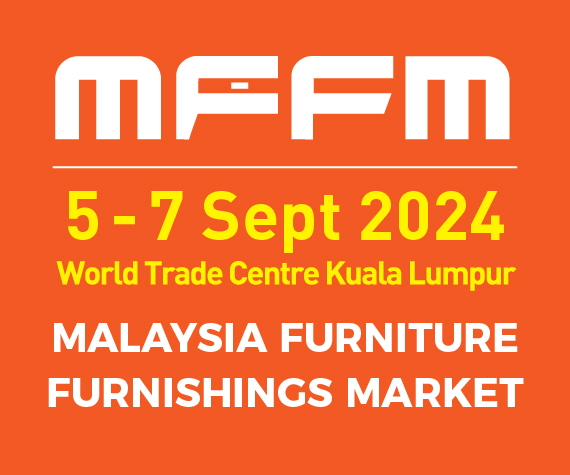On October 23, in a significant move toward enhancing international relations, the 19th ministerial meeting involving 27 European and 5 Central Asian countries was conducted in full format for the first time. The meeting not only solidified existing bonds but also laid down a comprehensive roadmap for future engagements.
This landmark roadmap, a supplementary to the European Union’s 2019 strategy, aims to escalate cooperation areas between Central Asia and the EU. The primary focus includes meshing the transport infrastructure of Central Asian nations with the Trans-European Transport Network (TEN-T), promoting green project financing, and bolstering various sectors through mutual collaboration. Critical issues such as human rights, the rule of law, water resource management, regional security, and sustainable development were also vigorously discussed.
In a reaffirmation of their ongoing commitment to a strategic partnership, the countries adopted a joint communique. Central Asian foreign ministers lauded the EU’s steadfast dedication to the region’s stability and prosperity, highlighting the comprehensive strategy under the Global Gateway strategy, multilateral financial aid, Team Europe initiatives, and the active participation of EU member states and European financial institutions.
Looking ahead, the agenda sets promising engagements with the announcement of the EU-CA investment forum in Brussels at the end of January 2024, followed by the first official “European Union – Central Asia” summit scheduled to be hosted in Uzbekistan in the second quarter. Furthermore, the anticipation builds for the next ministerial meeting set to be in Turkmenistan in 2024.
Relevance for the Furniture Industry
The outcomes of this meeting could be transformative for the furniture and home goods sectors in Central Asia. By aligning transport infrastructure with European standards and promoting green initiatives, there could be a significant boost in the efficiency and sustainability of furniture production and distribution. Additionally, the emphasis on sustainable development aligns with global industry trends towards more eco-friendly materials and processes, offering new avenues for business strategies and market expansion in both regions. This partnership could also lead to enhanced export opportunities and increased foreign investment, making it a pivotal moment for industry players to watch closely.




